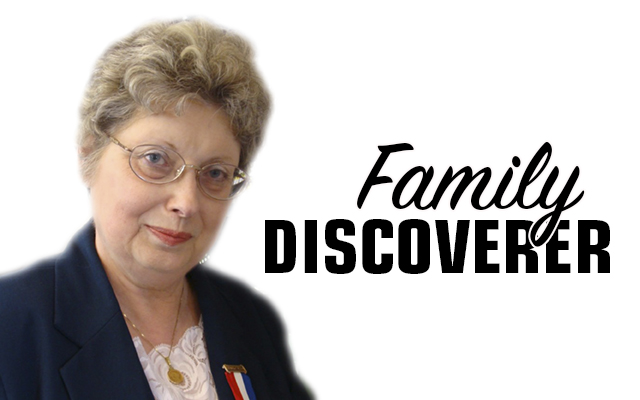Artificial Intelligence (AI) has exploded on the scene seemingly from nowhere. It’s generating a great deal of concern and fear. We’re hearing it’s either the greatest thing since the invention of sliced bread or the ultimate destructor of humankind.
Entire professions are projected to disappear, including the creative arts. The recent Hollywood writers’ and actors’ strikes reflected the fear that their work would be duplicated, eliminated, or stolen. News broadcasts are packed with tales of deep fake videos, voice messages, and abuses such as false nude images. We’re in an election year so things are likely to become worse as bad players emerge.
But how will AI impact genealogy and when? The answer is right now.
Conference speakers and webinars are being offered regarding genealogy and AI. You can find online courses through the National Genealogical Society. In this and my next column, I’ll try to address what AI is, what it means for genealogists, and what you need to know about it and its potential value and serious concerns.
So, what is AI? It’s the creation of programs that seek to mimic human intelligence by teaching software to self-teach, just as humans learn. This allows AI to absorb data of all kinds over time and to ape us completely. In other words, AI is programmed to equal human intelligence. I can hear cynics reading this column saying that wouldn’t be hard to do and AI should aim higher. Many fear the super-intelligent AI creation will eventually destroy us.
Back to genealogy. AI is in widespread use in the genealogical world. Most of the major search engines and databases employ AI in several areas. Let’s look at a few. Have you had your DNA tested? Did you get matches with others who share the same DNA? Those matches were identified by AI. The use of AI allows fast, accurate matches that would take individual humans months to duplicate.
Have you searched for ancestors online at sites such as Ancestry.com or My Heritage? AI is on the job trying to match what you give it for clues with what’s in the database. Frankly, some of these matches aren’t very good. Some of these search engines need work, but AI is supposed to learn to get better and improve over time.
AI is in use for scanning documents and creating indexes. The 1950 U.S. census utilized AI and perhaps that is why it’s so bad. I still haven’t located ancestors and I know it’s because the machine couldn’t read the writing or misread the writing of the census taker. Given all the errors I’ve encountered, I’m not impressed by this effort, though I have to admit the creation of the index was fast. That was the advantage of using AI instead of human eyes. But interpreting what was written often takes a human to identify errors.
AI is also being used to make transcriptions and, as with indexing, interpreting human handwriting can be challenging.
I’ll continue this discussion of AI in my next column.
Columnist Nancy Battick of Dover-Foxcroft has researched genealogy for over 30 years. She is past president of the Maine Genealogical Society, author of several genealogical articles and co-transcribed the Vital Records of Dover-Foxcroft. Nancy holds an MA in History from UM and lives in DF with her husband, Jack, another avid genealogist. Reader emails are welcome at nbattick@roadrunner.com.








